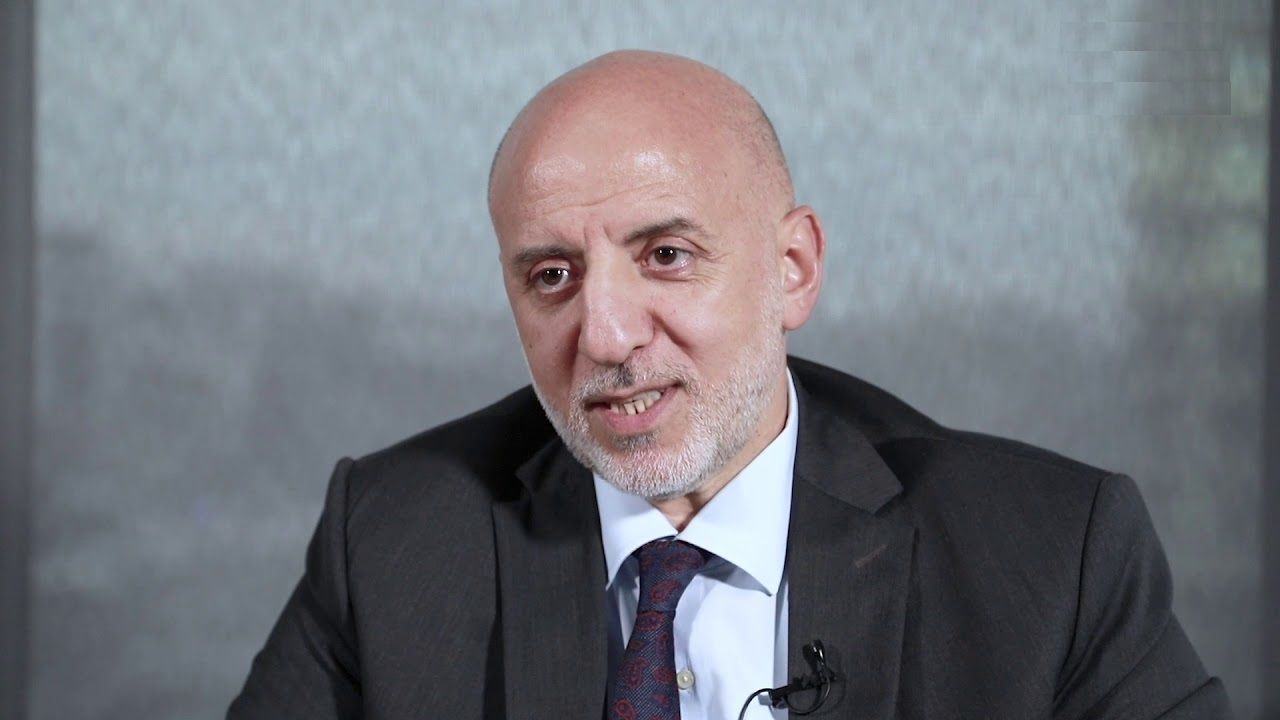Turkey’s accession is in EU’s best interests
Having successfully integrated 10 new members in May, including eight former communist countries, some argue the EU should stop there. But drawing such a line would be a missed opportunity for the EU and a cruel blow to those countries for whom the prospect of membership is an important incentive for reform and renewal.
Indeed, the new post-communist members have shown EU membership enables countries to overcome conflicts and make a smoother, faster transition to stable democracy and a market economy. We should feel proud, not threatened, that countries aspire to join our community of values. The EU’s borders must not create dividing lines between rich and poor, democracy and dictatorship, stability and conflict.
Greece knows this well. It was our belief in Europe as a catalyst for peace and prosperity that led us to reconciliation with Turkey and our support for its EU aspirations. When the Pasok government launched its policy of Greek-Turkish rapprochement during my tenure as foreign minister, our political opponents attacked us for ‘compromising’ national interests. People were suspicious of mending ties with an old enemy. Changing entrenched attitudes could not happen overnight: It required confidence-building measures.
Five years on, Greece and Turkey have signed dozens of mutually beneficial agreements in areas ranging from trade and energy, to environmental protection and the fight against organised crime. There is no denying strong bilateral ties are good for Greece’s economy and security.
But our proactive policy of rapprochement was not designed simply to serve national interests. It was part of a regional vision to promote stability from the Balkans to the Middle East.
As a result, Greece and Turkey cooperated in humanitarian efforts in Kosovo and undertook a joint mission to defuse the crisis in Israel and Palestine. The strategic alliance between Greece and Turkey helped prevent violence in Iraq from spilling over into neighbouring countries, and created the framework for closer relations between Turkey and the EU.
The domestic reforms implemented as a result of Turkey’s enhanced Accession Partnership with the EU have been remarkably swift and far-reaching, but there is still a long way to go.
Turkey’s record on human and minority rights and the inordinate power of the military are the biggest obstacles to membership. Clear targets set by the EU will encourage Turkey to press ahead with reforms in these areas. That is why Greece advocated real, not ‘virtual’, candidacy for Turkey, with full rights but also with full responsibilities.
It is now up to Turkey’s Justice and Development Party (AKP) to fulfil those responsibilities. The AKP was elected on a pro-European platform, reflecting the public’s demand for modernisation and democratisation. But Turks are all too aware of the passions their country’s candidacy stokes in Europe. Several EU leaders say Turkish membership will spark a wave of migration and strain the European economy. Others see no place for a Muslim country in Europe.
Neither of these objections is persuasive. If properly managed, migration can enhance Europe’s cultural wealth and meet its labour market needs, as fertility rates fall and populations age.
At the same time, to deny Turkey a European future on religious grounds is to deny our Union’s existing diversity.
Welcoming a country that shares our democratic values, respect for human rights and commitment to the rule of law, irrespective of its ethnic or religious background, will send a positive signal to the Muslim world. It will allay the growing tension between Christianity and Islam fuelled by international terrorism and knee-jerk nationalism.
It is a great shame that 15 years after the end of the Cold War in Europe, a ‘Berlin Wall’ still divides the Cypriot capital, Nicosia, separating the island’s Christian and Muslim communities. But the European model of integration has proven effective in overcoming such festering problems. While the division of Cyprus set a disastrous precedent for regional cooperation, a united Cyprus will reinforce regional stability.
With Turkey receiving the green light to begin accession talks with the EU, the region’s potential problems are likely to be far easier to address. Unlike the war on terrorism, European integration can serve as a model to resolve the underlying crises of the Middle East and address the roots of violence in the wider region.
As negotiations proceed, it is in the international community’s interest to support Turkey’s European future, while making a constructive contribution to surmount the division of Cyprus. From religious and ethnic conflict, Europe can once again forge a model of peaceful cooperation – this time by creating an integrated zone of stability in the Eastern Mediterranean.
The writer, Greece’s foreign minister from 1999 to this year, is president of the Pasok party. Copyright: Project Syndicate



